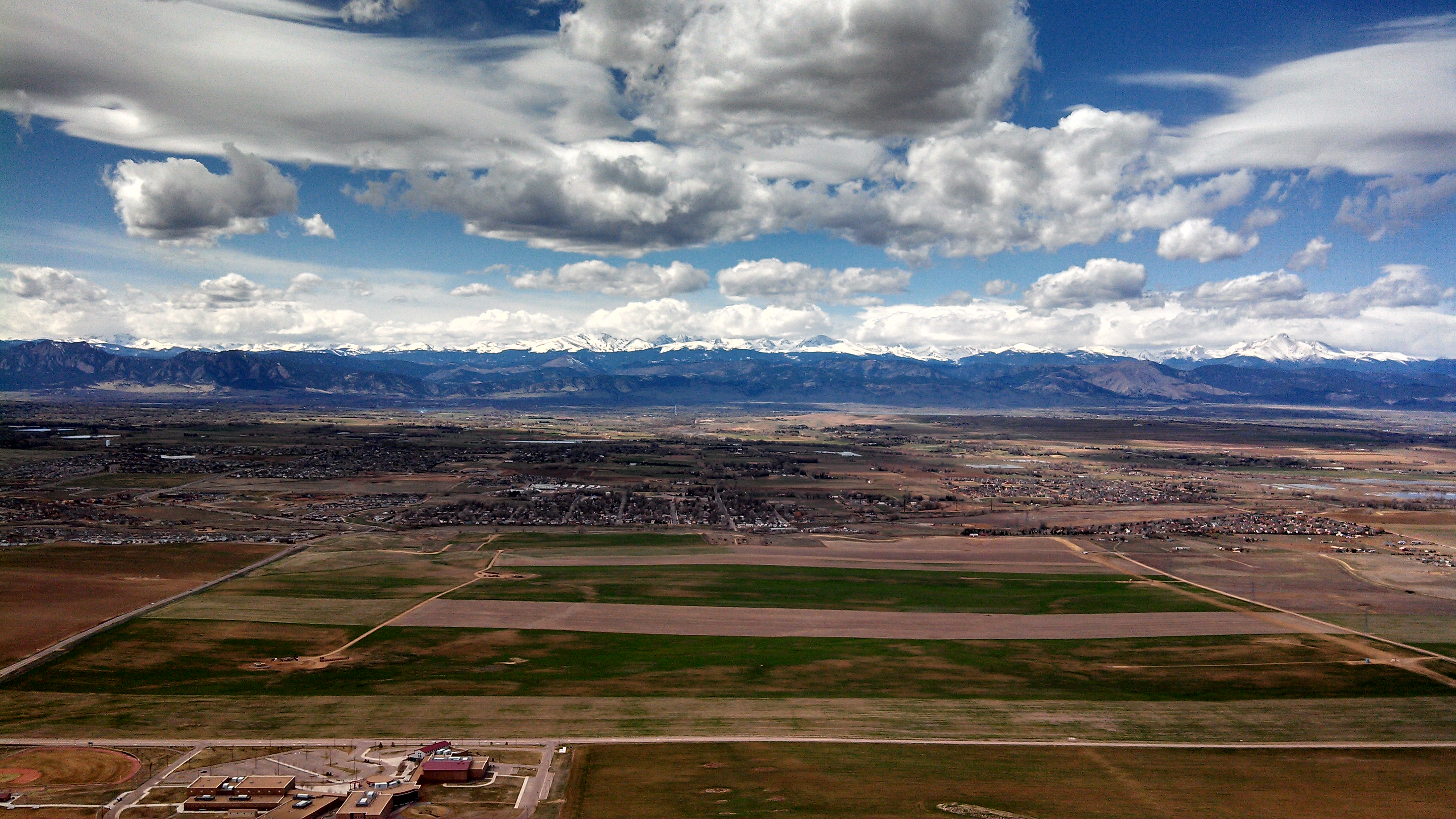
Hi! I'm Tony
I'm a professor in the School of Mathematics and Statistics at the Rochester Institute of Technology.

Hi! I'm Tony
I'm a professor in the School of Mathematics and Statistics at the Rochester Institute of Technology.

Mathematics is a powerful tool that enables us to answer interesting questions. In my research, I use mathematical and statistical tools to characterize uncertainty in physical models. I am particularly interested in assessing how these modeling uncertainties map to uncertainty in decision-making, in settings such as mitigating dangerous climate risks. In the classroom, I like to draw on these experiences to (hopefully!) show students that mathematics is much more than just a set of prerequisites for their other coursework. It turns out that mathematics and statistics are the foundation of... well, pretty much all of science.
Office hours, Spring 2025: Monday 11:30-1, Thursday 9:30-11
If you need to meet and chat outside of regularly scheduled office hours, send me an email to set something up so we can have a focused conversation.
My research interests fall into two intersecting camps: climate modeling and education research. The two are linked by my interest in the role of computation in STEM education.
Climate Modeling
Uncertainty in climate model projections, sea level rise in particular, can lead to suboptimal and ineffective policy decisions. Using the data we have available to make good decisions generally requires accounting for not only varying forms of uncertainty in model parameters and projections, but also deep uncertainties like uncertainty in model structure and forcing. Statistical calibration approaches allow us to constrain these models and characterize the uncertainties inherent in both the model and data, and are a critical part of any modeling effort.
I am particularly interested in future projections of sea-level rise and their impacts on coastal defense decision-making. This includes examining statistical model calibration techniques and extreme value statistical models.
Math, Stats, and STEM Education Research
I am also interested in educational data science and efforts to assess, promote, and enhance computational literacy. For example, I'm interested in both leveraging educational data in new and interesting ways to assess outcomes like student learning, retention, and persistence, as well as using new and interesting educational data to assess these outcomes.
These data scientific projects often involve a heavy dose of computation, which ties into my interest in computational literacy. Broadly speaking, this can describe how we use computation as a way to approach and solve problems, as well as communicate scientific/scholarly information within and across disciplines. I am interested in research questions such as How do the computational tools that we use in math and stats courses influence students' perception of computation and its usefulness? and How do students develop their computational literacy over the course of an undergraduate mathematics degree program?
Pictures speak a thousand words, so here's a picture made up of words from my Google Scholar page.